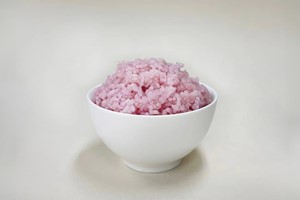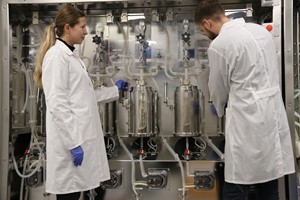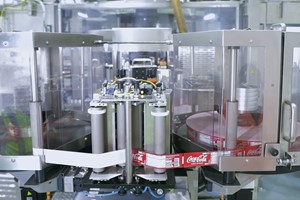In a pioneering study published in Matter journal on February 14, 2024, researchers from Yonsei University unveiled a groundbreaking invention: cultured beef rice. This innovative protein source combines rice grains with lab-grown beef muscle and fat cells, offering a potential solution to various challenges in the realms of nutrition, sustainability, and food security.
The Method
The creation of cultured beef rice involves a meticulous process. Dehusked rice grains are coated with fish gelatin and microbial transglutaminase, serving as a scaffold for the adherence of beef cells. Bovine muscle and fat stem cells are then seeded onto these coated rice grains and cultured in a growth medium for approximately 9-11 days, allowing the cells to grow and form tissue.
The Product
Cultured beef rice presents a unique combination of attributes. In terms of texture, it is firmer and more brittle than regular rice. Nutritionally, it offers 8% more protein and 7% more fat compared to traditional rice. The flavor profile varies based on the muscle and fat content, with higher muscle content resulting in a beefy, almond-like aroma, while higher fat content yields a creamy, buttery, and coconut oil-like aroma.
Potential Benefits
The introduction of cultured beef rice carries several potential benefits. Firstly, it enhances the nutritional profile of a staple food like rice, providing increased protein and fat content. Secondly, it holds promise for sustainability, potentially offering a lower carbon footprint compared to traditional beef farming. Additionally, it could serve as a dietary supplement, particularly beneficial for food-insecure communities. Lastly, this innovation opens doors for the development of new and sustainable food products.
Challenges and Considerations
Despite its potential, cultured beef rice faces several challenges and considerations. Production scaling is a crucial aspect that requires optimization for commercialization. Further refinement of taste and texture may also be necessary to meet consumer preferences. Cost is another factor, with current estimates at $2.23 per kilogram, comparable to rice but necessitating cost reduction efforts. Moreover, ethical concerns surrounding lab-grown meat warrant public discussion and deliberation.
nature.com














